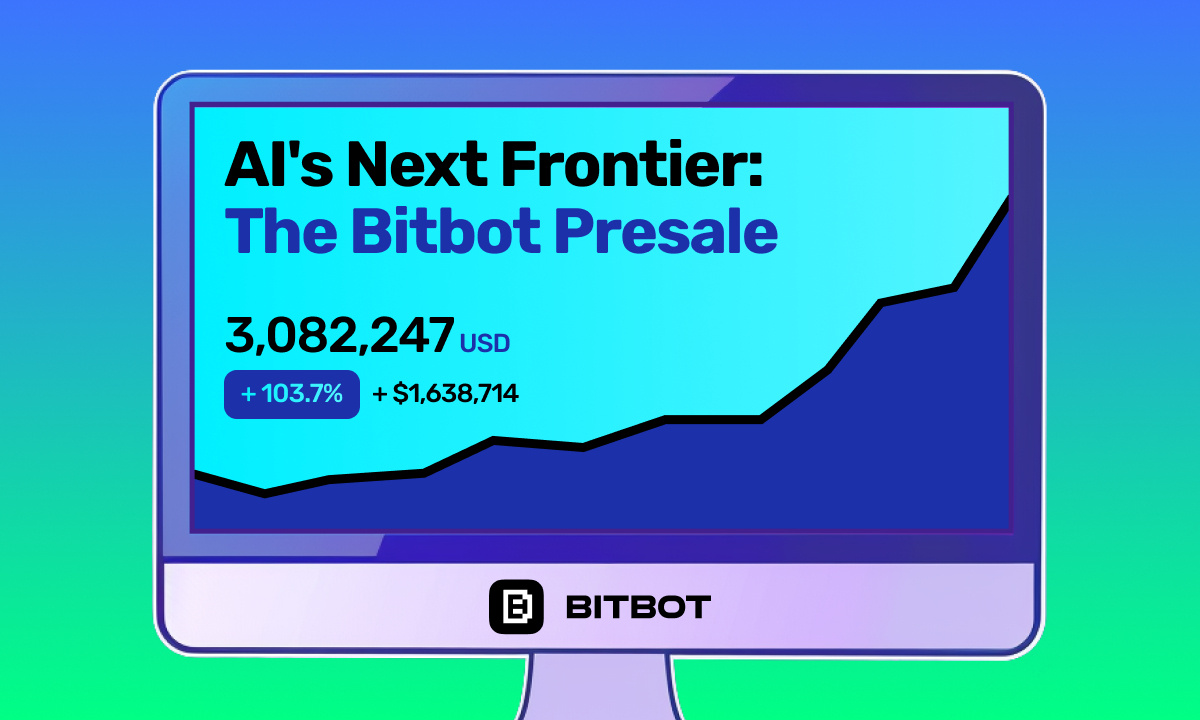SWIFT is collaborating with Capgemini to conduct CBDC-related tests for cross-border payments involving crypto
SWIFT, the bank messaging service that dates back to the 1970s, is attempting to keep up by connecting CBDCs to each other and to traditional currencies. The interest in Central Bank Digital Currencies (CBDCs) has recently increased, with nine out of ten of the world’s central banks now investigating CBDCs.

The Society for Worldwide Interbank Financial Telecommunication, or SWIFT, the Belgian financial messaging network used by banks in international money transfers, stated Thursday that it is collaborating with the French IT firm Capgemini to perform trials with cross-border central bank digital currency (CBDC) payments. This is SWIFT’s second CBDC research project.
According to a study published on May 19 by SWIFT detailing its experiments with the Bank for International Settlements, these CBDCs include economies that account for more than 90% of global GDP. A growing number of these central banks are investigating CBDC, with 9 nations now using their own digital currency, the most noteworthy of which being Nigeria and The Bahamas.
CBDCs, or “digital equivalents of actual central bank money,” are getting a lot of attention right now, and a lot of it is focused on how they may help achieve domestic policy goals. However, there is one potential weakness: its use across international borders.

Thomas Zschach, Chief Innovation Officer at SWIFT, stated:
“Facilitating interoperability and interlinking between different CBDCs being developed around the world will be critical if we are to fully realize their potential. Today, the global CBDC ecosystem risks becoming fragmented with numerous central banks developing their own digital currencies based on different technologies, standards, and protocols.”
According to the company’s statement, it is working on a gateway for domestic CBDC networks to intercept, translate, and send messages to the SWIFT platform for further transmission. Existing SWIFT standards, authentication mechanisms, and infrastructure will be used in the system. SWIFT connects more than 11,000 financial institutions in more than 200 countries.
SWIFT’s new partnership builds on work initiated last year with the American professional services firm Accenture. This partnership resulted in the establishment of a cross-border transaction between a CBDC network and “an established real-time gross settlement (RTGS) system.”
SWIFT processed 42 million communications per day last year, but network transactions might take several days to complete. It is working hard to keep its place in the world economic order, particularly in relation to CBDCs. Many developers anticipate CBDCs communicating outside of the traditional network, possibly with the help of Ripple (XRP).
DISCLAIMER: The Information on this website is provided as general market commentary and does not constitute investment advice. We encourage you to do your own research before investing.
Join CoinCu Telegram to keep track of news: https://t.me/coincunews
Follow CoinCu Youtube Channel | Follow CoinCu Facebook page
Harold
CoinCu News


















